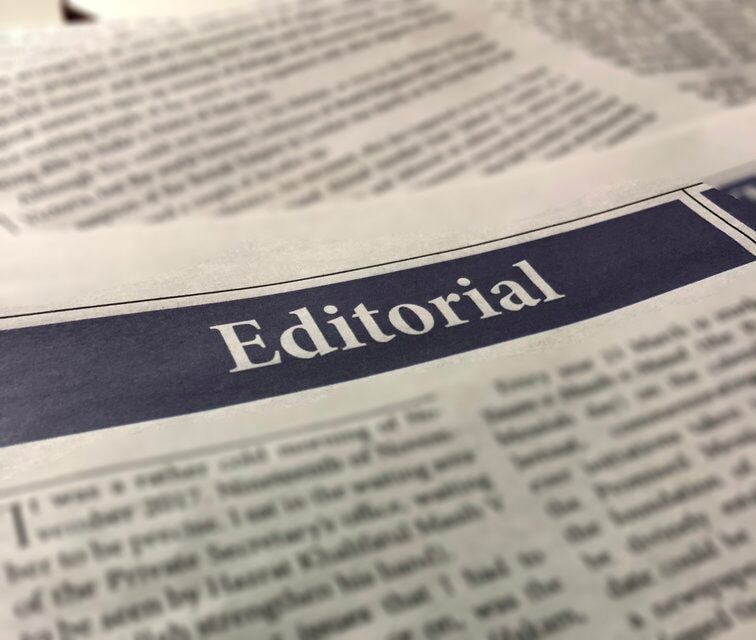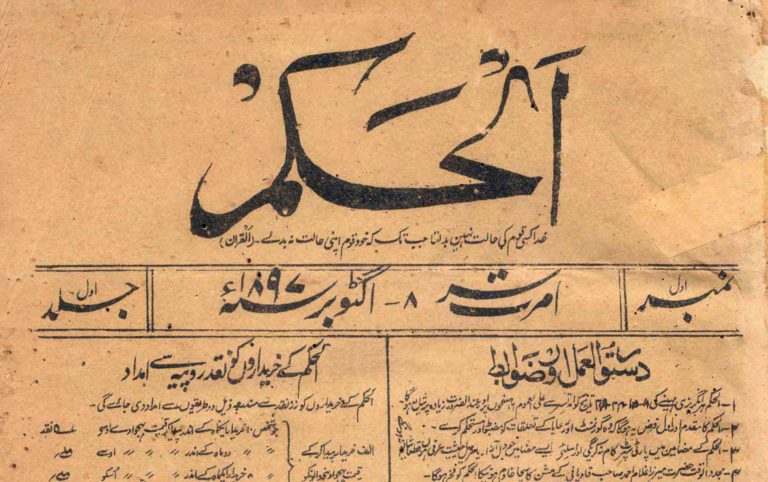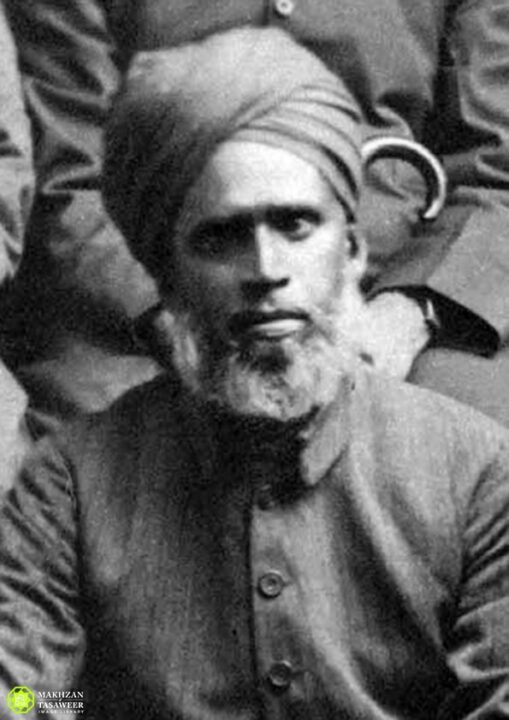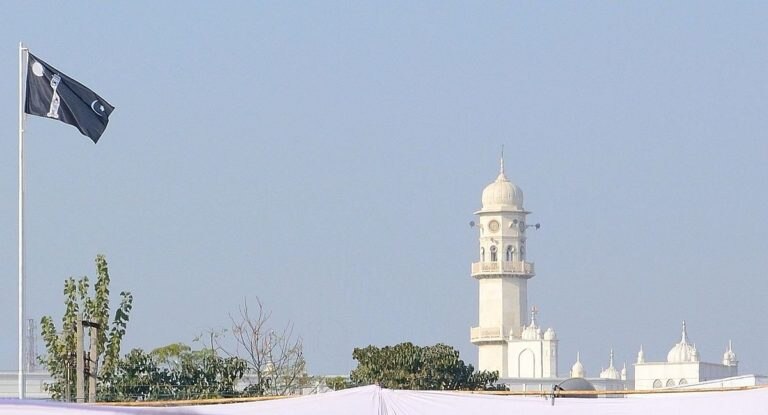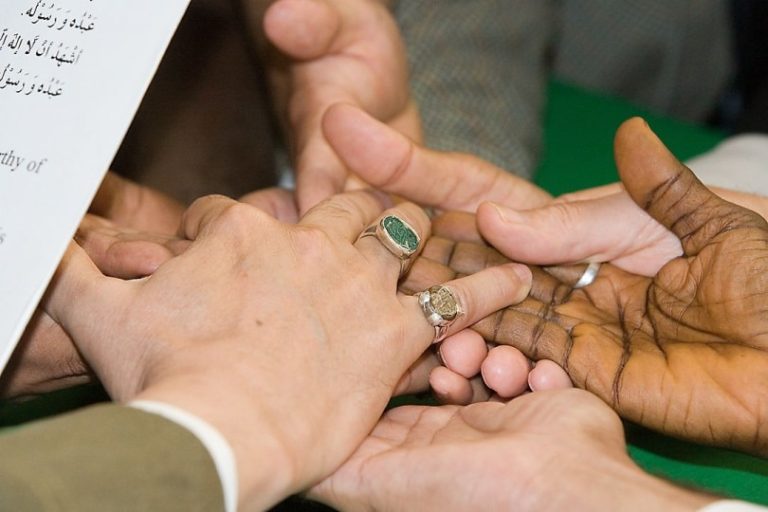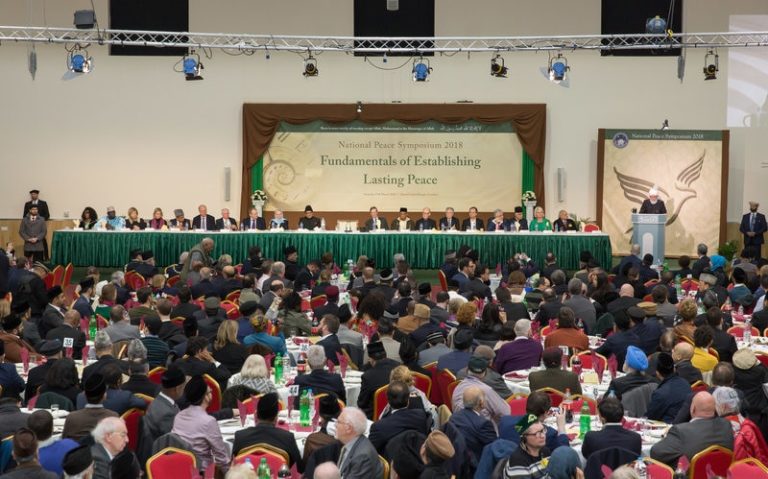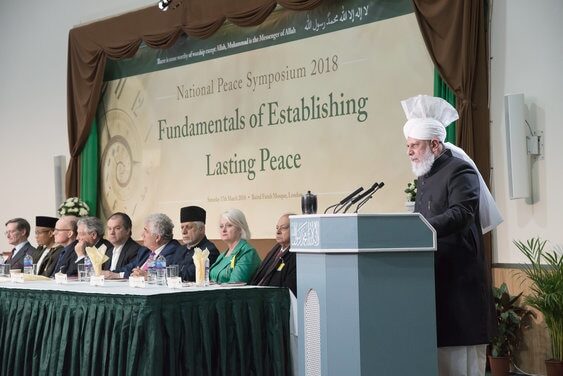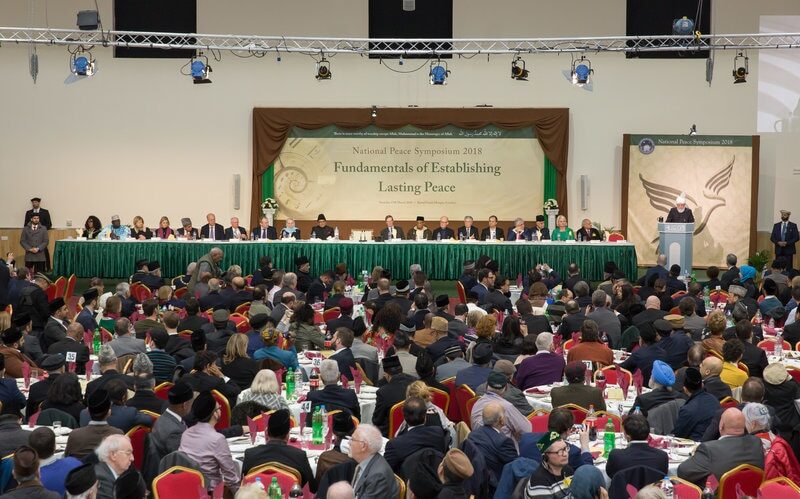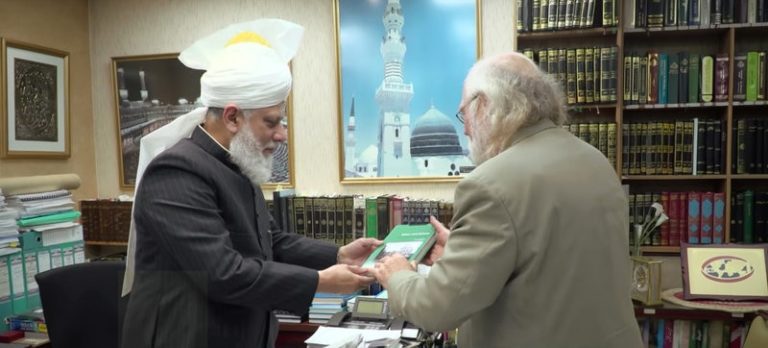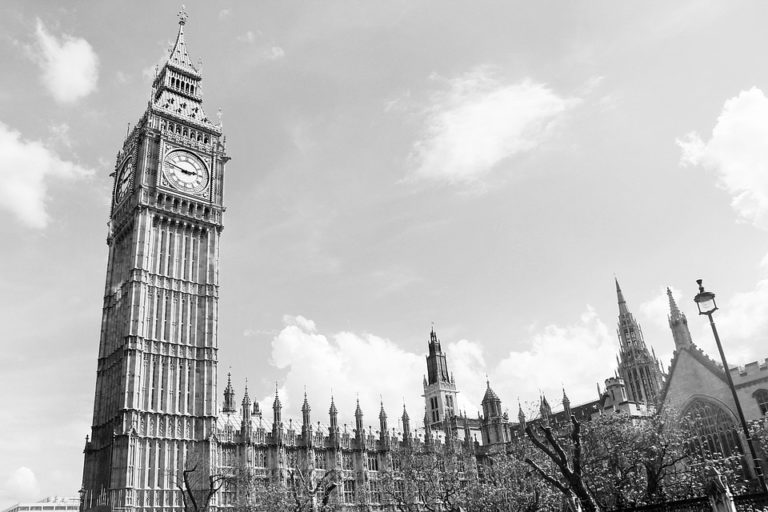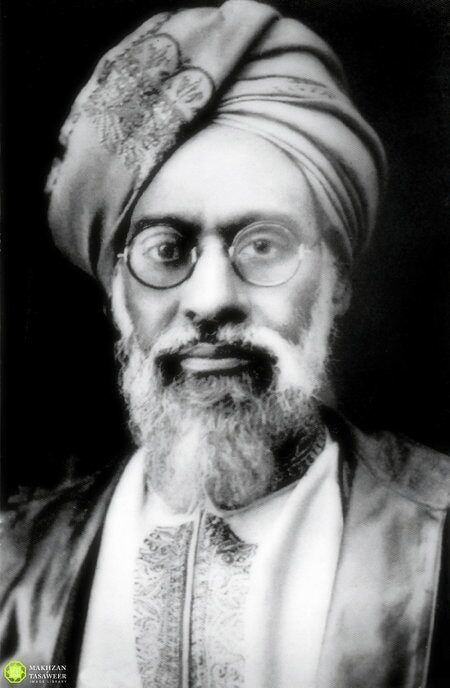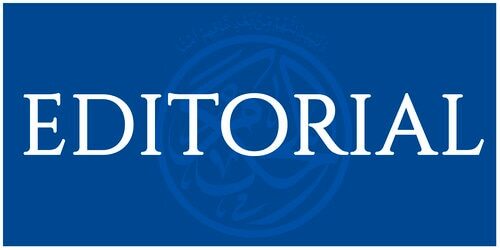
It was a cold morning of November 2017. Nineteenth of November to be precise. I sat in the waiting area of the Private Secretary’s office, waiting to be seen by Hazrat Khalifatul Masih V (may Allah strengthen his hand).
Among other issues that I had to seek his blessed guidance on, was the proposal for a newspaper, Al Hakam, to be launched again, this time in English.
The idea had come from a colleague and I had instantly agreed to present it to Huzooraa. But as I sat waiting for the blessed audience, I felt that I was extremely nervous in presenting a proposal which did not seemingly fall within the scope of my duties. But the love, affection and attention I have always experienced when presenting any matter was my only and best source of encouragement.
The proposal was last on the list. I had sought guidance on all other matters and the time came to present the proposal of Al Hakam being launched from London. It was immediately approved and accepted.
Any decision made by Huzooraa is revered by all Ahmadis and held in high esteem, but when a proposal or suggestion is accepted so wholeheartedly by Huzooraa , it means more than just an approval. It brings with it a great deal of motivation, blessings, prayers and everything good that one can imagine.
Thus, it would be a grave injustice not to acknowledge that every step that was taken towards realising this dream, however hard or impossible it may have seemed at the onset, turned simple and every hurdle simply gave way to the fulfilment of a task that had the blessing of Hazrat Khalifatul Masih.
A piece from Tarikh-e-Ahmadiyyat has been included in this issue where a message of Hazrat Musleh-e-Maudra at the second launch of Al Hakam (Urdu) in 1934 has been quoted. I would like to add here the line that was not quoted by Tarikh-e-Ahmadiyyat. After stating that whether Al Hakam survived physically or not, its name would always live, Hazrat Musleh-e-Maudra further stated:
“…but I have the desire that, as its very name suggests, the status given to the Promised Messiahas from the very start by his followers, [Al Hakam] should physically survive also…”
It is faith-inspiring to witness the heartfelt desire of Hazrat Musleh-e-Maudra materialised in the time of Hazrat Khalifatul Masih Vaa .
May Allah enable this newspaper to live up to the standards set by the scholarly and pious pioneers in its early phases and also to function in accord with the expectations of Hazrat Khalifatul Masih Vaa.
Every year 23 March is marked as Yaum-e-Masih-e-Maud (the Promised Messiah day) on the calendar of the Jamaat, commemorating the first ever initiations taken at the hand of the Promised Messiahas, thus laying the foundation of the last Jamaat to be divinely established. What better date could be chosen for the launch of a newspaper that has its roots in the blessed time of the Promised Messiahas.
Al Hakam was the first-ever newspaper of the Jamaat when first launched. Its re-launch today makes it the first weekly newspaper of the Worldwide Jamaat in the English language.
The connection of the present phase of Al Hakam with the Ahmadiyya ARC (Archive & Research Centre) will work as a platform to bring the rich legacy of the Jamaat to light, which is a very precious treasure sitting in archive boxes or lying on shelves of various repositories. Scholarly articles, the majority of which were written in Urdu, will insha-Allah be translated into English and presented here, thus providing Ahmadis around the world the knowledge hidden in these articles as well as opening up new avenues for western researchers to tap into.
An English rendering of the Friday sermons delivered by Hazrat Khalifatul Masih will be regularly made available in full. This will insha-Allah make it easier for researchers to cite references from the sayings of Hazrat Khalifatul Masih, apart from providing Ahmadi readers with a quick and easy access to the blessed words of our Imam.
The Promised Messiahas referred to Al Hakam as an arm of the Jamaat. May Allah enable Al Hakam to always live up to the standard and become so in the true sense of the term. On Allah, we rely, and in the prayers of his Khalifa, we believe. We know that there will always be challenges, but we strongly believe that the prayers and guidance of our beloved Imam will always enable us to sail through the turbulent waters that may come our way. Insha-Allah.
(AB)

